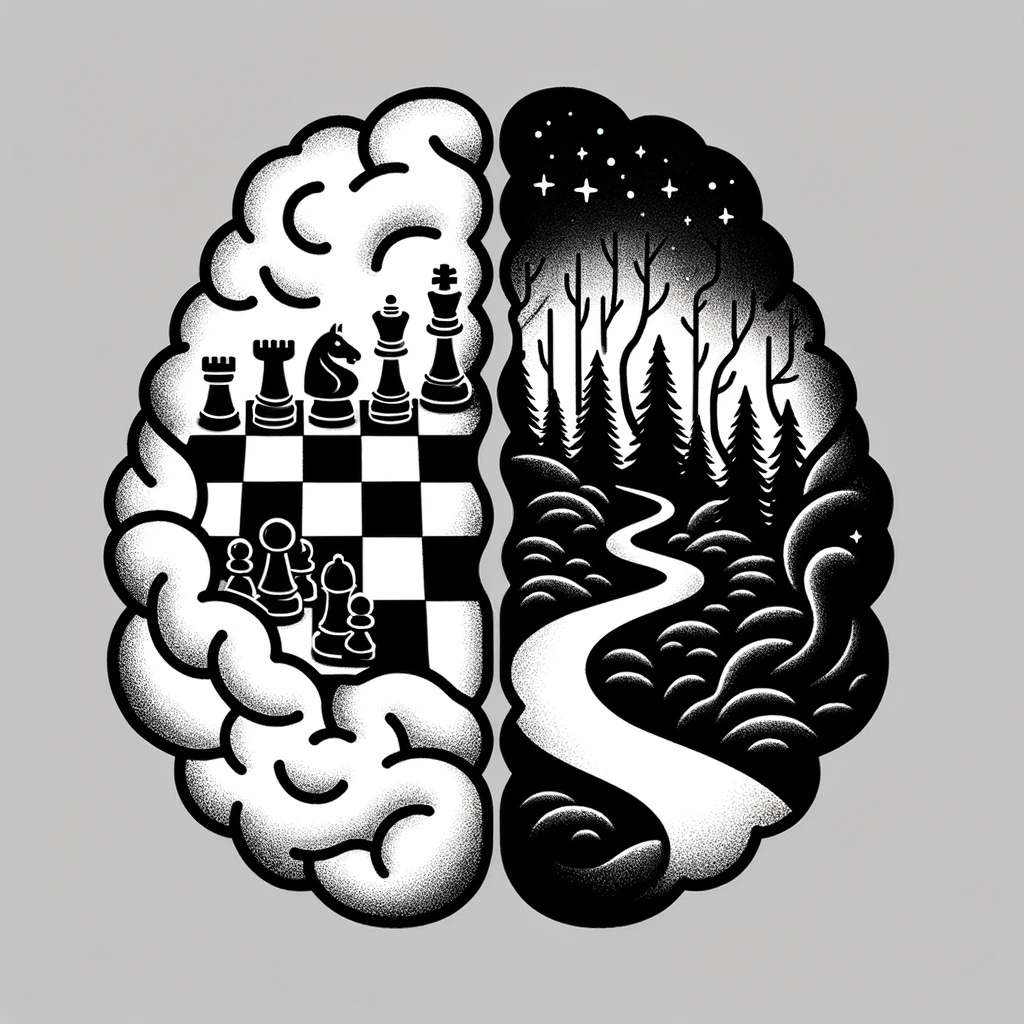"Kind" and "Wicked" Learning Environments
Robin Hogarth helped resolve an apparent contradiction in expertise research
Psychologist Robin Hogarth, who passed away last month at the age of 81, had a profound impact on how I view the world.
When I began reading research on human performance, I was confused by what seemed to be diametrically opposed findings coming from two different camps of scientists.
One camp, often referred to as “naturalistic decision making” (NDM), found that performers reliably improve with experience. The other camp, “heuristics and biases,” found that people not only frequently do not improve with experience, sometimes they actually get worse. Both camps had produced fascinating work, and were well-respected. So where was the disconnect?
In 2009, two of the leading figures in those areas of research — Gary Klein (NDM), and Daniel Kahneman (heuristics and biases) — got together to hash it out in what Kahneman called an “adversarial collaboration” paper.
In the paper, Kahneman and Klein concluded that whether or not experience alone reliably predicted exceptional performance hinged on the characteristics of the domain in question. Essentially, they agreed that Robin Hogarth had gotten it right: in what Hogarth called “kind” learning environments, experience led to predictable improvement; in “wicked” learning environments, it did not.
You can think of kind learning environments as situations that are governed by stable rules and repetitive patterns; feedback is quick and accurate, and work next year will look like work last year. Think golf or chess: a ball or piece is moved according to rules and within defined boundaries; a consequence is quickly apparent; and similar challenges occur repeatedly.
In wicked learning environments, rules may change, if there are rules at all; patterns don’t just repeat; feedback could be absent, delayed, or inaccurate; all sorts of complicated human dynamics might be involved, and work next year may not look like work last year.
I will never forget one particularly extreme example of a wicked learning environment that Hogarth highlighted. It featured a famous New York City physician renowned for his skill as a diagnostician. The doctor’s specialty was typhoid fever, which he diagnosed by feeling around patients’ tongues with his hands. Repeatedly, he was able to diagnose cases of typhoid before the patient displayed a single symptom. Unfortunately, as another physician later pointed out: “He was a more productive carrier, using only his hands, than Typhoid Mary.” Repetitive success had taught him the worst possible lesson.
Hogarth’s 2001 book, Educating Intuition, tweaked how I go about my own attempts to improve in my work. He advocated for “borrowing” from the scientific method for our personal experiments. Define a question; find a way to test it; and work to construct feedback mechanisms that extend beyond your own intuition. I’ve found that rubric helpful as I try to experiment my way to continual improvement as a writer.
Hogarth was humble and brilliant. (Last year, he received the Lifetime Achievement Award from the European Association for Decision Making). And while I only interacted with him a little, I feel a loss just knowing that his brain isn’t out there somewhere working to reconcile some vexing conundrum.
If you’re interested in gleaning a bit more of Hogarth’s wisdom, he was the impetus for one of my all-time favorite (and shortest) posts: “Happiness is a 2x2 Matrix.”
I also interviewed Hogarth and his co-author, Emre Soyer, about their book, The Myth of Experience. You can read that here.
Thank you for reading. If you found this post interesting, please share it.
As always, you can subscribe here:
Until next time…
David





I love your work! I am a high school teacher and football coach, and I'm always thinking about your wicked and kind learning environments. Sometimes I fall into the trap of fighting to get our practice reps in stable, controlled settings, but frequently football games do not present such a predictable picture- especially high school where accidental plays happen very often. This is where I try to find ways to create some wicked learning periods to prepare the kids
Anyway, love the work, and I'm looking forward to seeing some more sports focused work from you
I appreciate this post David, especially as a big fan of Robin's work but also because I hadn't realised he'd passed. I'm pondering though whether pitting NDM against “heuristics and biases” is too binary in it's framing? People struggle to navigate wicked environments not just because of heuristics and biases, but also because of the inherent complexity of those environments (eg. the emergent properties of complex adaptive systems make them inherently unpredictable).
As it relates to 'mastery', much of the literature (and popular writing) focuses on improvement in kind learning environments. So, I'm giving a lot of thought to what mastery in wicked environments looks like, particularly as it relates to business and investing, and I'm drawing on Robin's work for this. Futher thoughts here: https://www.richardhughesjones.com/accelerating-executive-mastery/